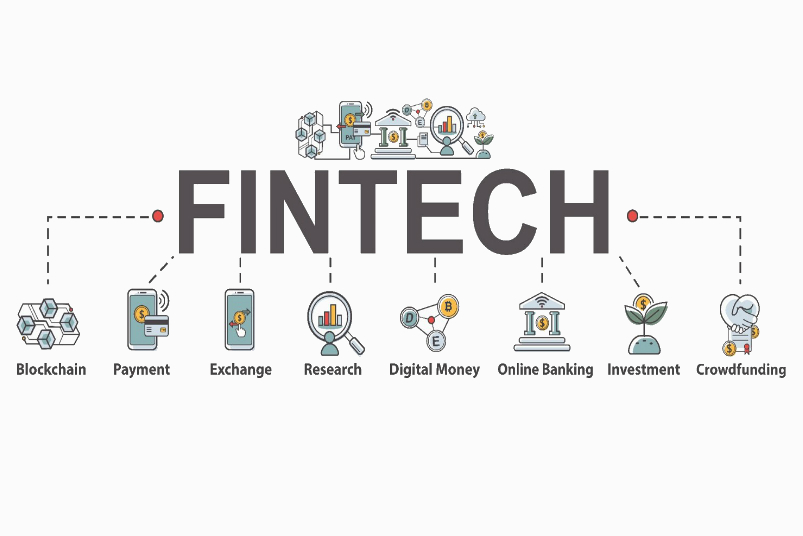Fintech is a big word that gets thrown around a lot these days. It’s not just banks and financial institutions that are noticing the explosion of new technology, but also venture capitalists like Dan Schatt and insurance companies and service providers. However, the term fintech is predominantly used to refer to financial services firms that employ technology in their core business functions.

Here are five things you should know about Fintech:
1) Fintech is revolutionizing financial services.
Fintech is changing almost every aspect of the financial services model (and other industries to boot). To name just a few examples: Robo-advisors like Betterment and Wealthfront are now taking thousands of clients offering automated investment advice. BillGuard monitors spending across different accounts, recognizes potential fraud early, and helps users avoid fees. Kabbage makes working capital available in minutes with an automated, mobile-first process. Companies like Zenefits reduce the cost and complexity of managing payroll, benefits, and HR for customers (like Starbucks) who previously had to visit multiple providers (in person) to do it themselves. OnDeck provides access to capital in hours through its online marketplace rather than weeks that the traditional bank model demands. Factom uses blockchain technology to provide banks with an immutable record of their customers’ identities to comply with KYC regulations and reduce fraud more efficiently. And companies like Yodlee are offering alternative data sources that help financial institutions better understand their customers so they can offer them personalized products, services, and recommendations. Now is the time to get involved.
2) Fintech firms are both product and platform companies.
Most fintech entrepreneurs understand that you can’t just build a great product or service but instead need to build an entire supporting ecosystem around it. This means forming partnerships with other innovators in your space, as well as working with partners in adjacent spaces.
3) Fintech is a global phenomenon with enormous potential for growth and impact.
Fintech is exploding worldwide, not just in the United States, where most people think of it as primarily happening. Banks, insurance companies, and service providers throughout Europe, Asia, Australia/New Zealand, Latin America, and the Middle East invest deeply in fintech initiatives.
4) No one knows how it’s going to play out.
Anyone who claims to know exactly how the future of financial services will look is speaking from either a position of naivety or arrogance. We’ve seen this story before (in fact, we saw it with PCs in the 80s and early 90s, with PCs in the late 90s and early 2000s, and again with social networking in the mid to late aughts)—the innovators always seem clueless about what’s going to happen until it happens. The challenge is that all of this technology makes incumbents’ business models vulnerable—which means they are fighting back. This is why we’re seeing the emergence of fintech innovation labs and accelerator programs, as well as startup investing required to partner with/be acquired by incumbents.
5) Fintech firms represent a once-in-a-generation (or more) opportunity for entrepreneurs and investors alike.
The opportunities for traditional players like financial institutions, insurance companies, and service providers to innovate are massive. However, they won’t succeed unless they partner with or acquire fintech startups, so the competition to partner is fierce.